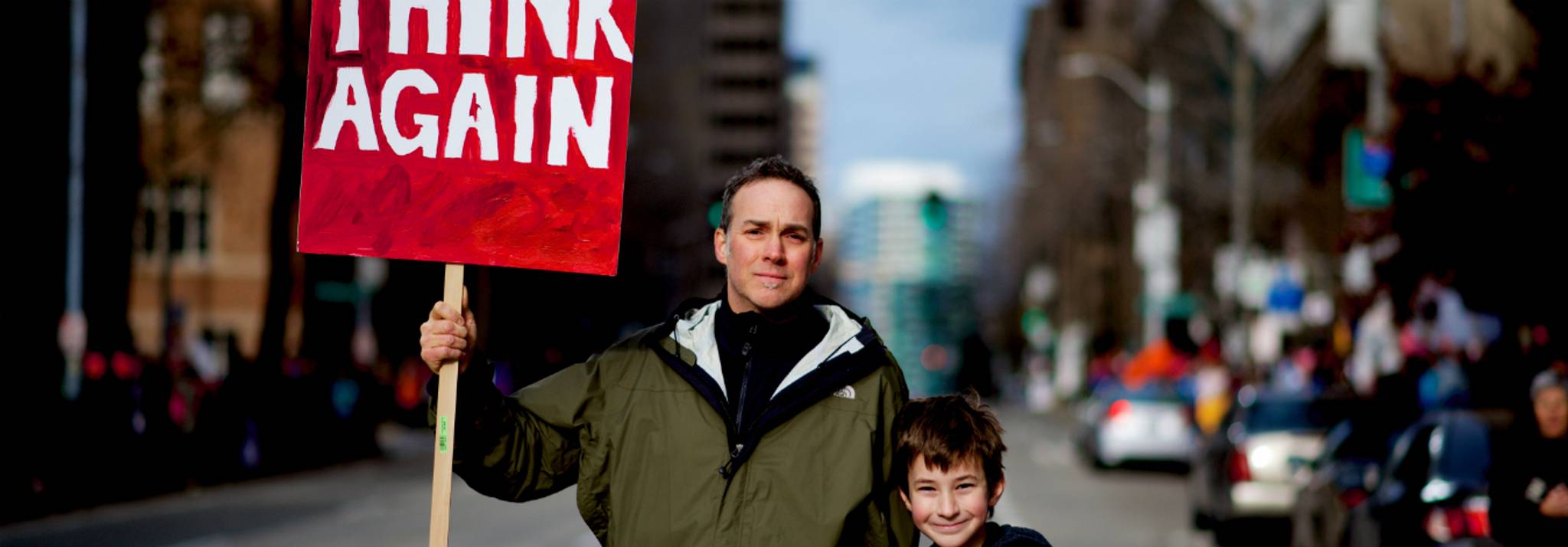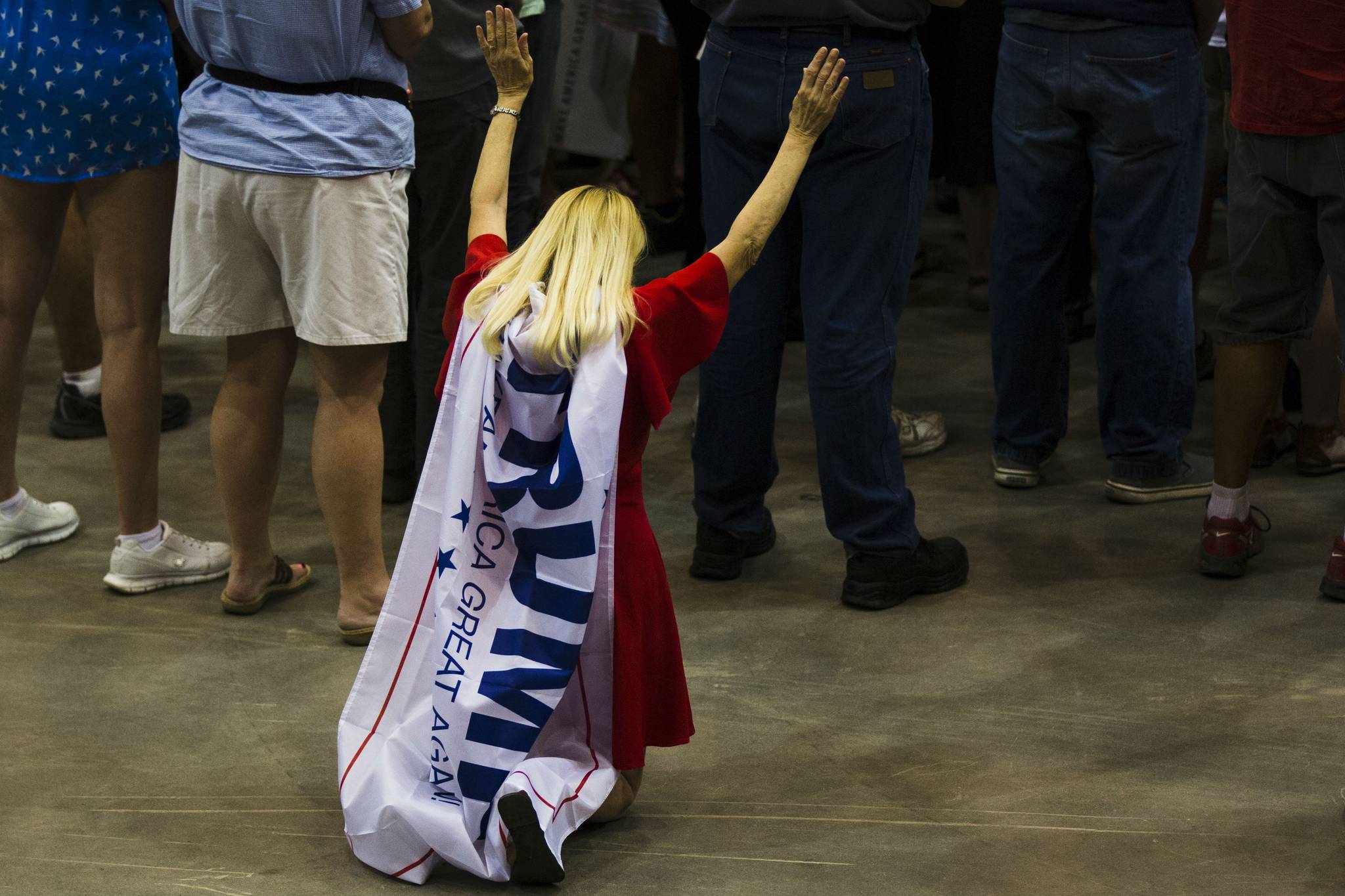
ABC cancelled its hit sitcom Roseanne after its creator and star tweeted a number of racist comments. The move reveals Americans’ increasing expectations for media broadcasters to express their core values, and assert that they too, hold the same values as their viewers. We explore the insights behind the move and understand why people want media brands to make their values visible.
When ABC announced it was resurrecting the classic 90’s sitcom Roseanne, the network promoted the show’s positive message of togetherness. “Everybody in the family has a different take on things. [Roseanne occupies] a beloved place in the hearts of the American viewers, and we wanted to get out there and do something that we felt would be valuable to maybe healing things and putting everybody’s cards on the table,” said Bruce Helford, the show’s executive producer, who saw the central Conner family as representative of many American families.
So when Roseanne Barr, the sitcom’s creator and star, tweeted out a deluge of racist comments, the network was faced with a conundrum. Could it put the immediate fires out, and stick with the show on the grounds that Roseanne represents a cross-section of American values – including the xenophobic ones? Or would suspicion of Barr’s intentions contaminate how people perceived the network at large? Ultimately, it decided to pull the plug on Roseanne, and American viewers were duly divided.

In recent years, Americans have come to demand brands that acknowledge the politics that affect people’s lives – and in an era of political division, brands are expected to choose sides and show that they mean it. Whether it's ABC risking its bottom-line to take a stand against racism or Starbucks' decision to close up shop for a day to give staff paid racial sensitivity training, empty apologies are no longer enough to quell popular outrage. But beyond reassuring existing devotees, brands also stand to gain new followers from taking a stand. Value-led consumers may buy into politically-vocal brands as a way of expressing their own beliefs – a tendency psychologist Jocelyn Brewer describes as ‘virtue signalling’. “It’s a key part of letting people know what our values are,” she explains. “People get positive reinforcement and secondary gain.”
If resurrecting Roseanne was originally positioned as an elixir for the US’s moral division, the program’s cancellation may demonstrate that the best way to cure the nation’s ills is to cut out any room for hate. And given that African-American purchasing power is estimated to have grown 275% between 1990 2016, and 61% of Gen Yers saying they'd abandon a brand whose ethics don't align with their own, ABC's tough decision may benefit the network in the long-run by aligning with the values of its present and future viewers.
James Fox is a Senior Behavioural Analyst at Canvas8 which specialises in behavioural insights and consumer research and a long-time veteran of the research industry. A news and social media addict, and nerd to the core, when she isn’t arguing with people on Twitter, she’s usually obsessing over datasets or learning how to fix, make and do things for herself.



